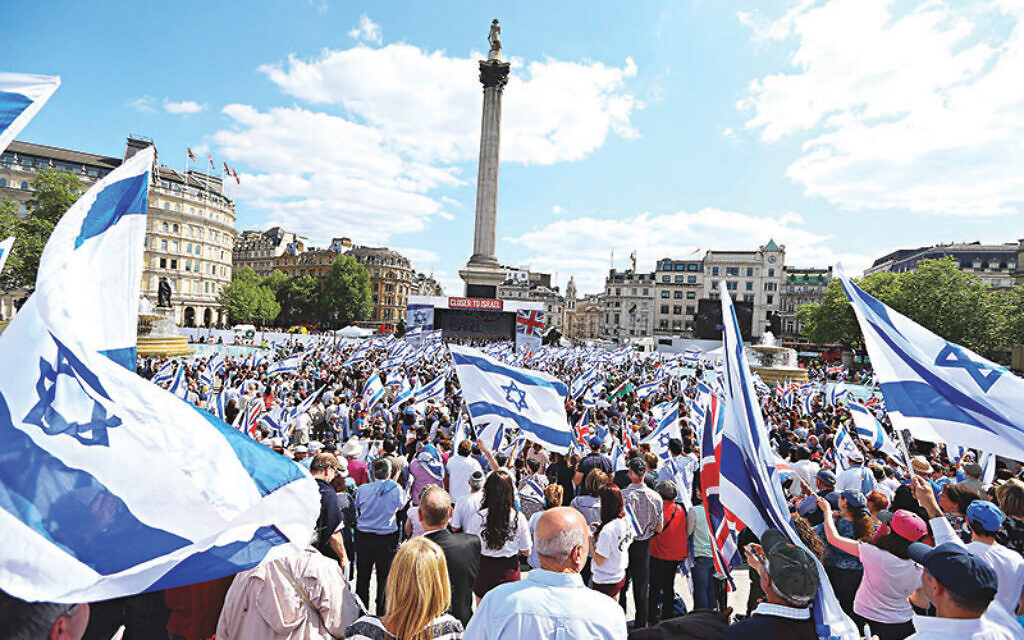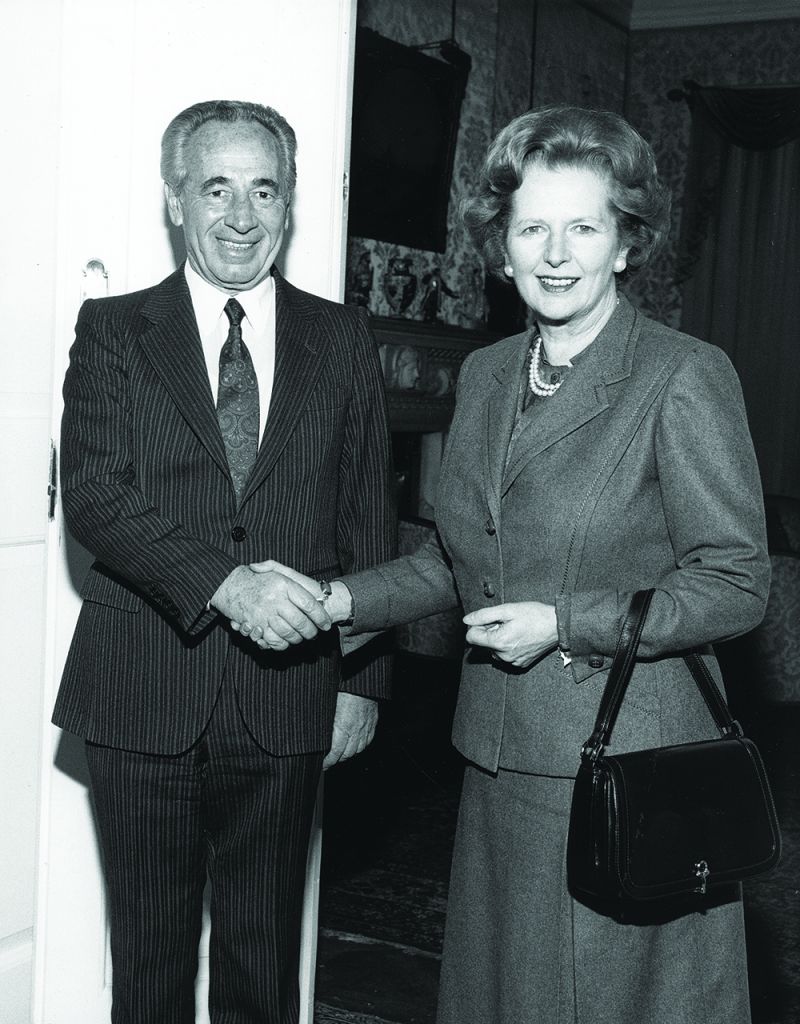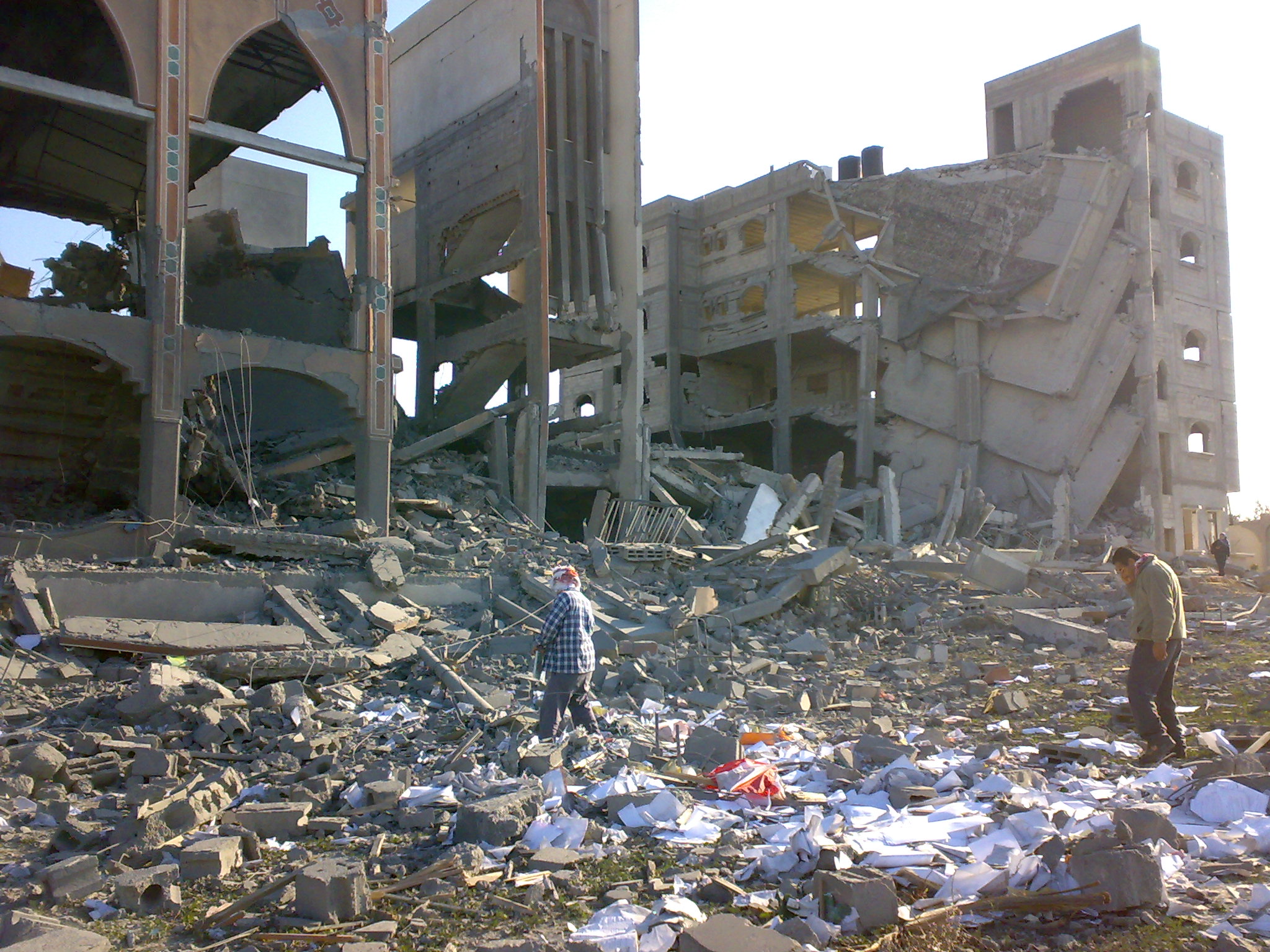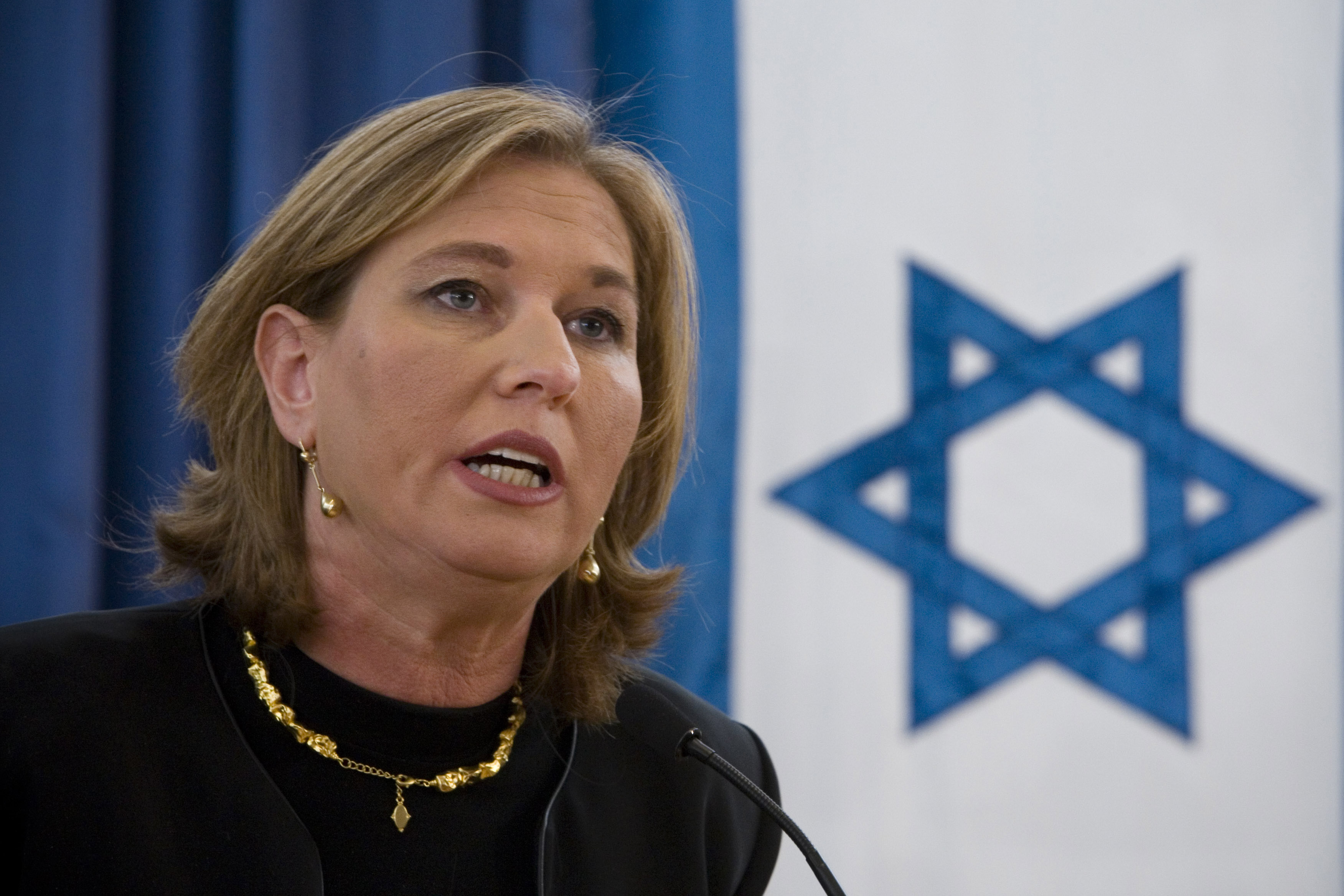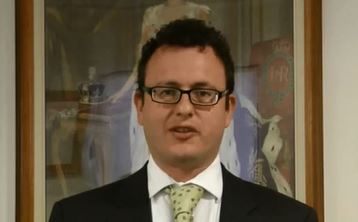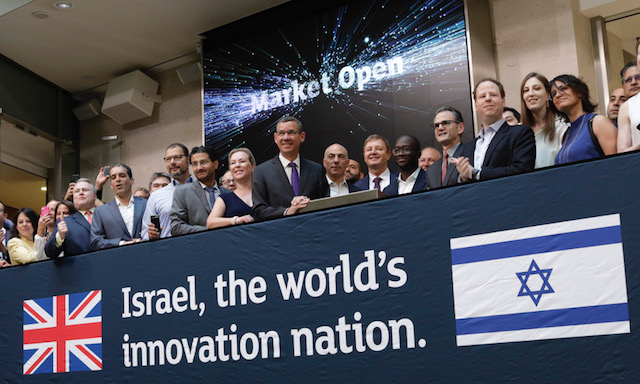UK-Israel: 70 years of relations
From the Suez crisis and Gaza conflicts to tech collaboration and booming bilateral trade, we pick out some of the peaks and troughs of the UK-Israel relationship over the years
As British and Israeli envoys celebrate 70 years of diplomatic relations, we look back on the last seven decades and pick out times when those relations have been at their highest… and lowest.
1950s
To say UK-Israeli relations began frostily is an understatement, with many of the new IDF’s leaders having spent much of the 1940s attacking British army officers.
Get The Jewish News Daily Edition by email and never miss our top stories Free Sign Up
The establishment of the State of Israel, for which Britain’s Lord Balfour had laid the foundations in 1917, was immediately followed by an attack on Israel by Arab states, including Egypt and Jorden, with whom Britain had good relations, and just six months before the UK recognised the State of Israel in May 1949, the British were preparing to bomb Israeli airbases after five RAF planes were shot down by the Israelis towards the end of 1948. Only an Israeli withdrawal from the Sinai prevented it. Several years later, in 1956, the pair found themselves fighting on the same side, alongside France.
The trio secretly negotiated military plans then went to war with Egypt over the Suez Canal, which had just been nationalised by Colonel Nasser, who for years had denied passage to Israeli-flagged or Israel-bound ships. Although the operation was a military success and led to renewed Israeli shipping freedoms, it resulted in the canal closing, before a furious United States forced Britain to pull out.
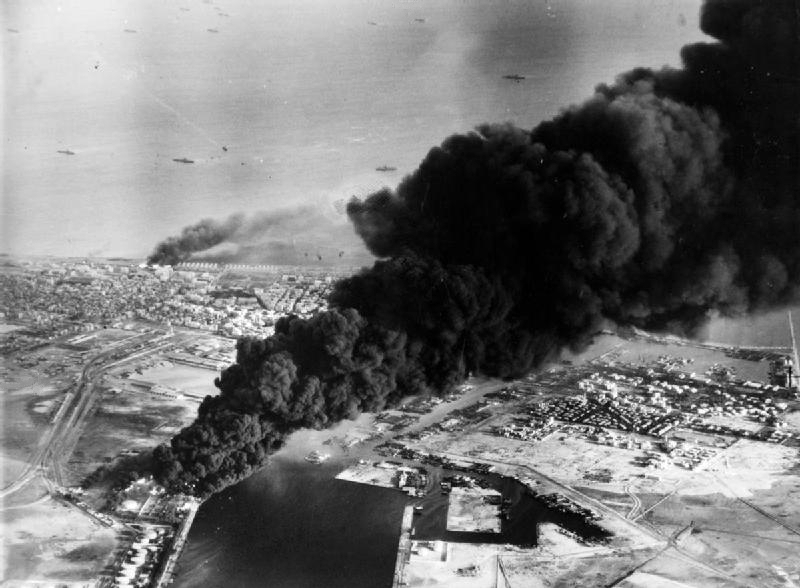
1960s
British foreign policy after the Suez Crisis focused on rebuilding its support with the Arab world using its network of contacts in cities across the region, which led to the UK taking the Arab ‘side’ in the Israeli-Palestinian conflict at the UN. At the same time, Britain was secretly helping Israel too, by selling tanks to the Jewish state. Declassified British cabinet meeting notes describe how Israeli Prime Minister David Ben-Gurion asked for the weaponry during a UK visit “to keep up with [Egypt’s Colonel] Nasser” because he would be “less likely to attack if he knows he will get a bloody nose”.
- READ MORE – James Cleverly: A proud partnership, a cherished friendship – UK and Israel united for 70 years
At the start of the Six Day War of 1967, London was again of some considerable assistance to Israel, first by relaying messages being sent by Egyptian leaders via British MPs, and later by supplying intelligence reports on such things as the size and capability of Arab armies massed on the other side of Israel’s borders. Throughout the decade it has been reported that Britain also helped Israel become a nuclear power, although all such reports have always been denied.
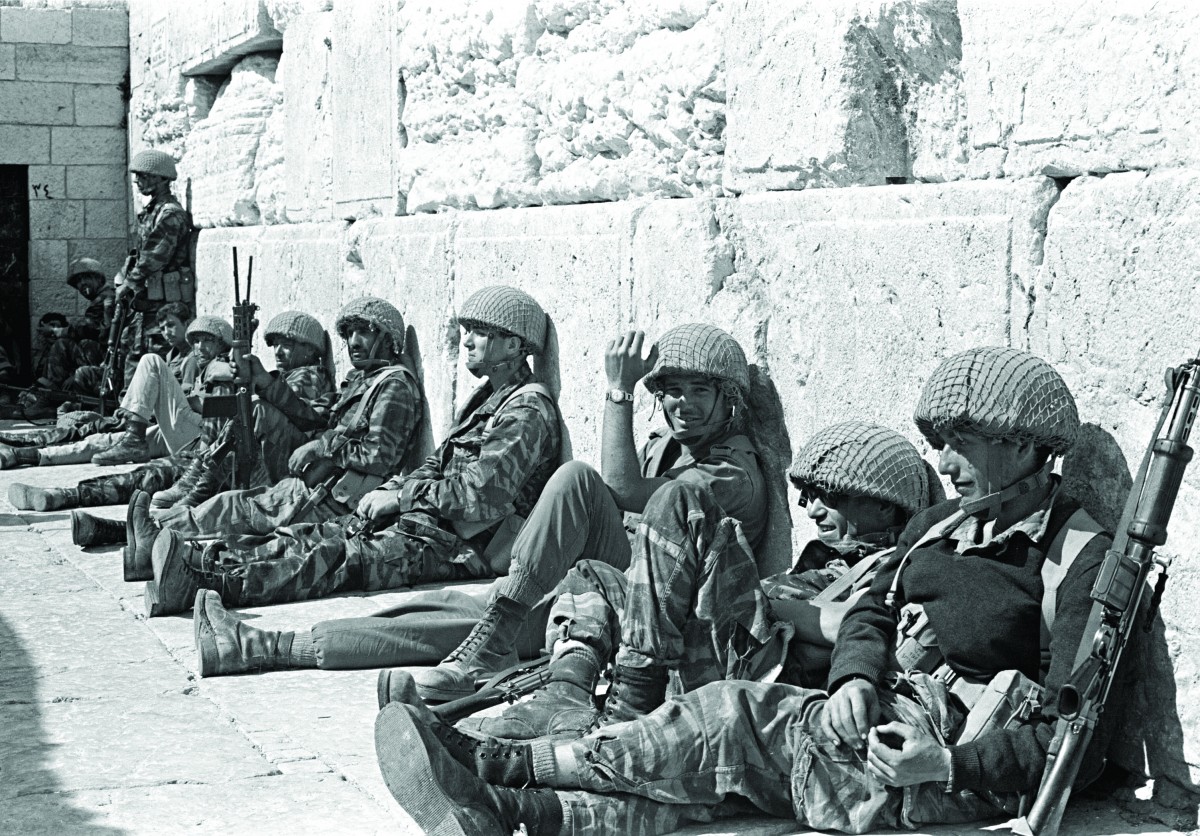
1970s
The decade began by British Foreign Secretary Alec Douglas-Home pressing for an end to the Israeli-Palestinian conflict by urging a return to the pre-1967 territorial boundaries, but three years later, in 1973, hopes of peace were shattered when Egypt and Syria jointly attacked Israel on Yom Kippur. Britain, along with other Western states, suffered the repercussions of an oil embargo imposed by Arab oil-producing states in response to the West’s support for Israel during the Yom Kippur War.
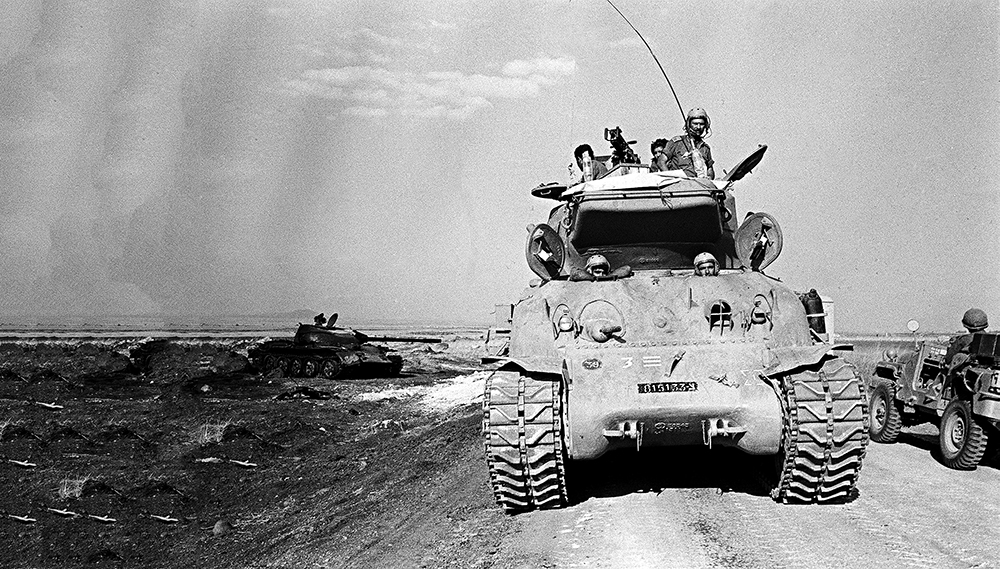
However British cabinet minutes show that the UK government was trying to maintain an even-handed approach in the Middle East, often backing Arab resolutions against Israel at the United Nations. With Britain having joined the European Economic Area in 1973, analysts say this meant that London began leaning more towards the Europeans’ ideological sympathy towards the Palestinians. That only went so far, however. In 1975 several European states voted in favour of United Nations General Assembly Resolution 3379 equating Zionism with racism. The UK voted against it.
1980s
Britain’s membership of the European community prevented it from selling oil to Israel in 1980, despite Israel asking. At a meeting that year between Margaret Thatcher and Israel’s deputy prime minister, she said the UK saw “no sense in putting up new settlements in territory occupied by Israel in 1980”.
Israel also asked London to relay Arab plans, particularly those of the Saudis, and facilitate contacts between Israeli and Egyptian intelligence officers, but two years later favours were in short supply when Thatcher found out that Israel was selling weapons to Argentina during the Falklands War using secret cargo flights via Peru.
Feelings soured further when Israeli-supplied jets bombed British forces, killing 48. To make matters even worse, British Foreign Secretary Geoffrey Howe then asked Israel not to sell Buenos Aires spy planes, only to be rebuffed. “Israeli interests in Argentina will outweigh any readiness they might otherwise feel to be helpful to us,” he reported.
Three months later the UK returned the favour when Israel went to war in Lebanon, instituting an arms embargo against the Jewish state which was to last 12 years.
- READ MORE – James Cleverly: A proud partnership, a cherished friendship – UK and Israel united for 70 years
In 1986 they were at it again when a bag of eight fake British passports turned up in a telephone booth in West Germany. They were later revealed to have been forged by Mossad. The Israelis promised the furious Brits that they would never forge British passports ever again. No sooner had tempers calmed when two Mossad agents stationed in London were expelled in 1988 for recruiting a Palestinian in London as a double agent to infiltrate the PLO. All in all, the 80s were not a decade of bilateral love.
1990s
The arms embargo lasted until 1994, and such was the antipathy that London still refused to permit the export of gas masks to Israel when Saddam Hussein began raining Scud missiles down on Tel Aviv in the early 1990s during the first Gulf War. Things weren’t helped when a Jewish organisation campaigning for a united Jerusalem later wrote to Prime Minister John Major asking for his support on the matter, to which his private office replied that because Britain did not recognise Israeli sovereignty over any part of Jerusalem, he would not be doing so.
The reply, described as “blunt and dismissive,” sparked a major row and incensed Britain’s Jewish community, which led to Foreign Office minister David Heathcoat-Amory attending a meeting of Likud activists in Golders Green several days later to apologise. The thaw began shortly after the signing of the Oslo Accords, and Israel’s withdrawal from Gaza and Jericho was also welcomed.
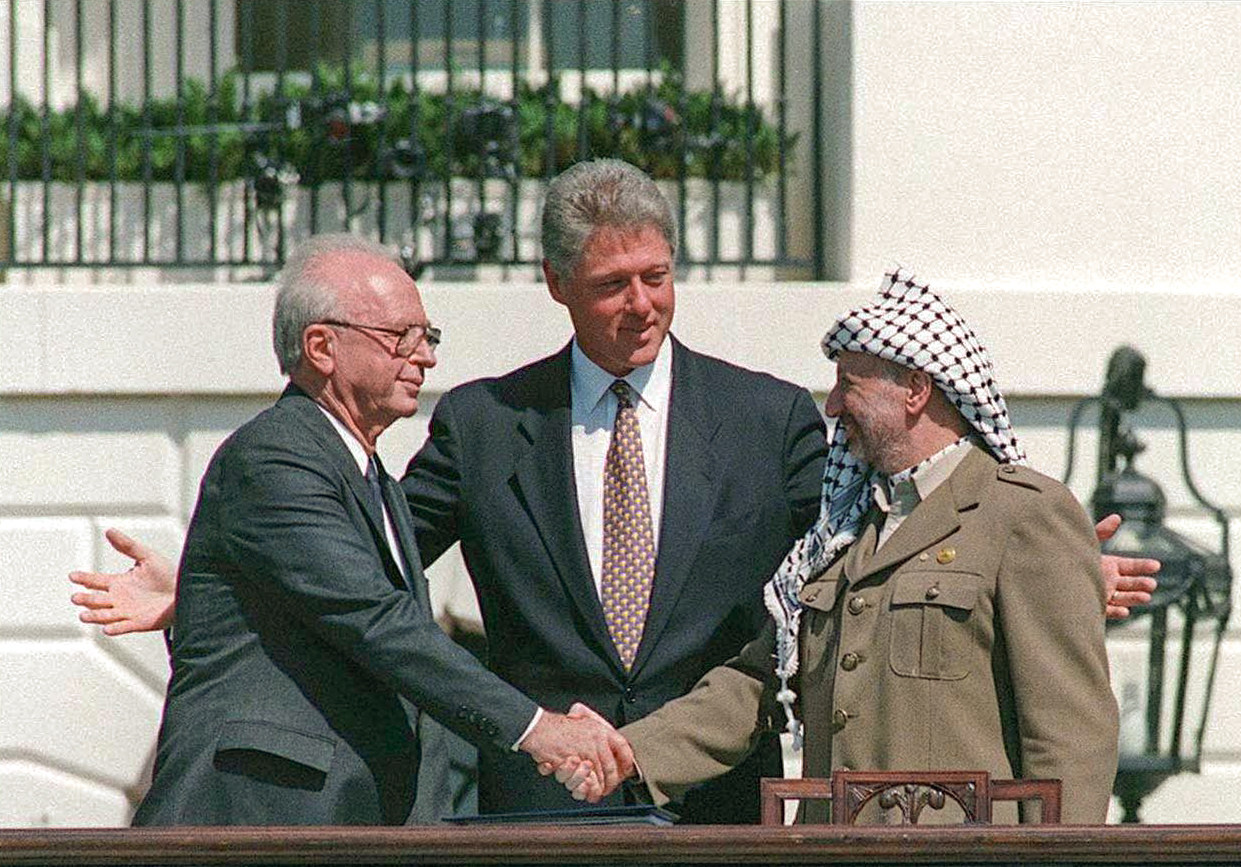
The UK and Israel were soon to start sharing more intelligence with each other when, on 26 July 1994, a car bomb attack targeted the Israeli embassy in London.
In the early hours of the following morning a similar device targeted Balfour House in Finchley, headquarters of the Jewish Philanthropic Institution for Israel. Two London-based Palestinians were convicted in a jury trial two years later.
2000s
This is when UK-Israel relations slowly started to improve, such as with the launch of the Britain-Israel Research and Academic Exchange (BIRAX), but not without some major challenges along the way. One such was in 2006, when Israeli leaders celebrated the anniversary of the Irgun bombing of the King David Hotel in 1946, which was then the headquarters of the British Army.
British envoys were not subtle in pointing out that this was an act of terrorism which killed 91 people of various nationalities, including some civilians, but the Hebrew version of the commemorative plaque still listed 92 people killed – included the terrorist who was shot as he ran away. A year earlier, in 2005, relations were again testy when a retired Israeli general narrowly avoided arrest when he flew into the UK.
Only his decision to stay on board the plane, and El Al’s decision to deny British police entry onto the aircraft, averted a major diplomatic incident.
In 2009, Israeli politician Tzipi Livni also faced an arrest warrant for war crimes committed during the 2008-9 war in Gaza, when she was foreign minister, while in the same year the UK began requiring goods from West Bank settlements to be labelled as such, leading Israeli leaders to accuse the UK of “catering to the demands of the boycott movement”.
2010s
The decade began on much the same note as the last two when, in February 2010, forged British passports were again found to have been used in a Mossad operation, this time the assassination of a Hamas leader in Dubai. But to those who doubt whether ambassadors can have restorative impacts on bilateral relations, look no further than the case of Matthew Gould, the UK’s (Jewish) ambassador to Israel from 2010-15, who did so much to mend fences.
In 2011, for instance, he opened the UK-Israel Tech Hub at the British Embassy in Tel Aviv, which quickly began pairing British corporates and Israeli start-ups.
Likewise British leaders began marketing the London Stock Exchange as the natural home of larger Israeli companies looking to list in Europe, which 300+ firms did in the following few years. In 2012, bilateral trade was up 34 percent, a trend that has continued, culminating in 2016 when Rolls Royce signed a £1 billion engine deal with El Al.
- READ MORE – James Cleverly: A proud partnership, a cherished friendship – UK and Israel united for 70 years
In the worlds of research and academia, millions of pounds poured into projects whereby British and Israeli scientists work together. By 2017, just about everybody was feeling warm and fuzzy, as Israeli leaders flew into the UK for the centenary of the Balfour Declaration.
Towards the end of the decade, Israeli fighter pilots were even hosted in the UK by the RAF for joint military exercises, marking a new level of cooperation. As the 2020s began, UK-Israel relations had never been better, and all past tiffs felt long forgotten.
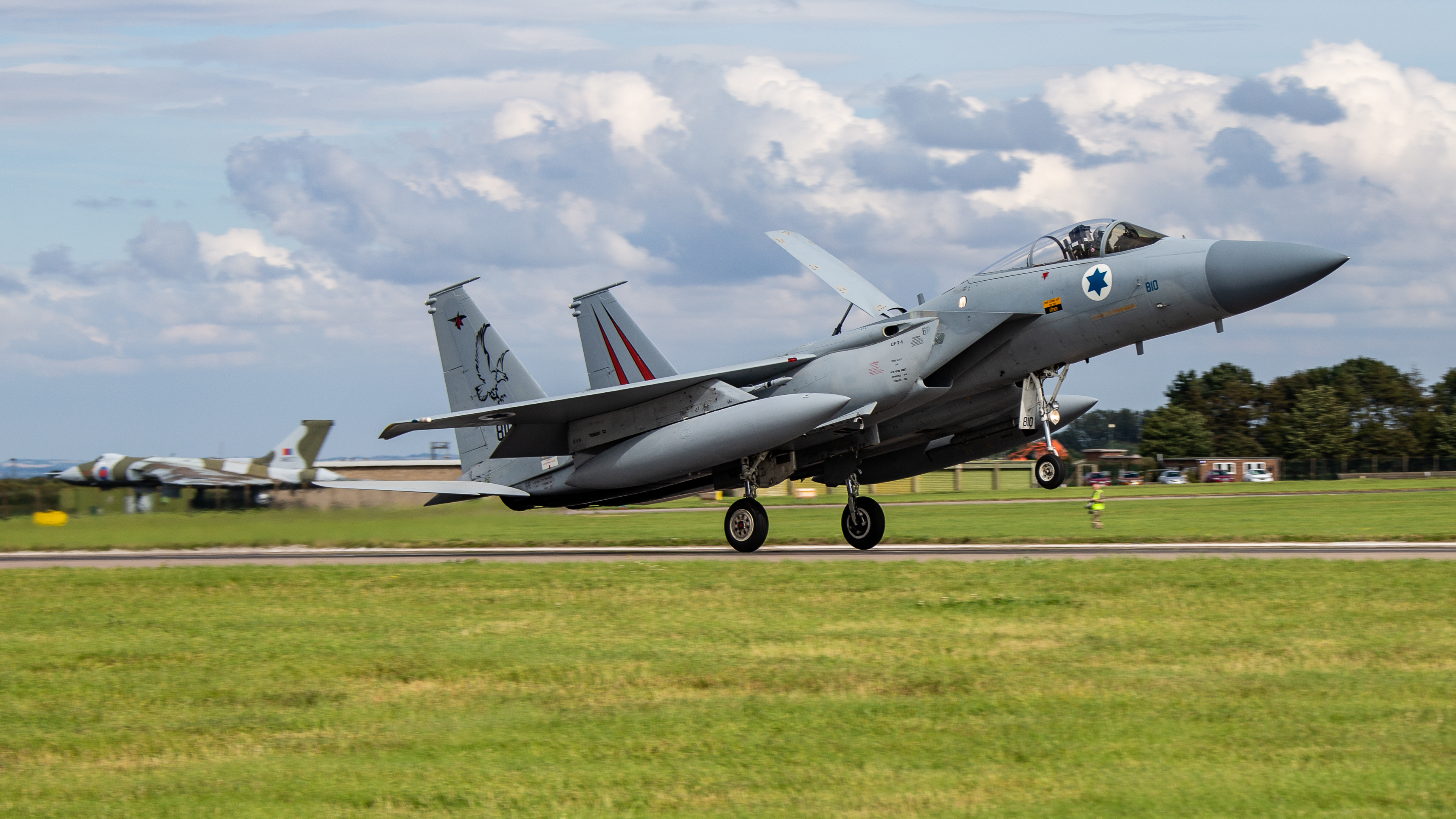

Thank you for helping to make Jewish News the leading source of news and opinion for the UK Jewish community. Today we're asking for your invaluable help to continue putting our community first in everything we do.
For as little as £5 a month you can help sustain the vital work we do in celebrating and standing up for Jewish life in Britain.
Jewish News holds our community together and keeps us connected. Like a synagogue, it’s where people turn to feel part of something bigger. It also proudly shows the rest of Britain the vibrancy and rich culture of modern Jewish life.
You can make a quick and easy one-off or monthly contribution of £5, £10, £20 or any other sum you’re comfortable with.
100% of your donation will help us continue celebrating our community, in all its dynamic diversity...
Engaging
Being a community platform means so much more than producing a newspaper and website. One of our proudest roles is media partnering with our invaluable charities to amplify the outstanding work they do to help us all.
Celebrating
There’s no shortage of oys in the world but Jewish News takes every opportunity to celebrate the joys too, through projects like Night of Heroes, 40 Under 40 and other compelling countdowns that make the community kvell with pride.
Pioneering
In the first collaboration between media outlets from different faiths, Jewish News worked with British Muslim TV and Church Times to produce a list of young activists leading the way on interfaith understanding.
Campaigning
Royal Mail issued a stamp honouring Holocaust hero Sir Nicholas Winton after a Jewish News campaign attracted more than 100,000 backers. Jewish Newsalso produces special editions of the paper highlighting pressing issues including mental health and Holocaust remembrance.
Easy access
In an age when news is readily accessible, Jewish News provides high-quality content free online and offline, removing any financial barriers to connecting people.
Voice of our community to wider society
The Jewish News team regularly appears on TV, radio and on the pages of the national press to comment on stories about the Jewish community. Easy access to the paper on the streets of London also means Jewish News provides an invaluable window into the community for the country at large.
We hope you agree all this is worth preserving.
-
By Brigit Grant
-
By Laurent Vaughan - Senior Associate (Bishop & Sewell Solicitors)
-
By Laurent Vaughan - Senior Associate (Bishop & Sewell Solicitors)
-
By Laurent Vaughan - Senior Associate (Bishop & Sewell Solicitors)
-
By Laurent Vaughan - Senior Associate (Bishop & Sewell Solicitors)


